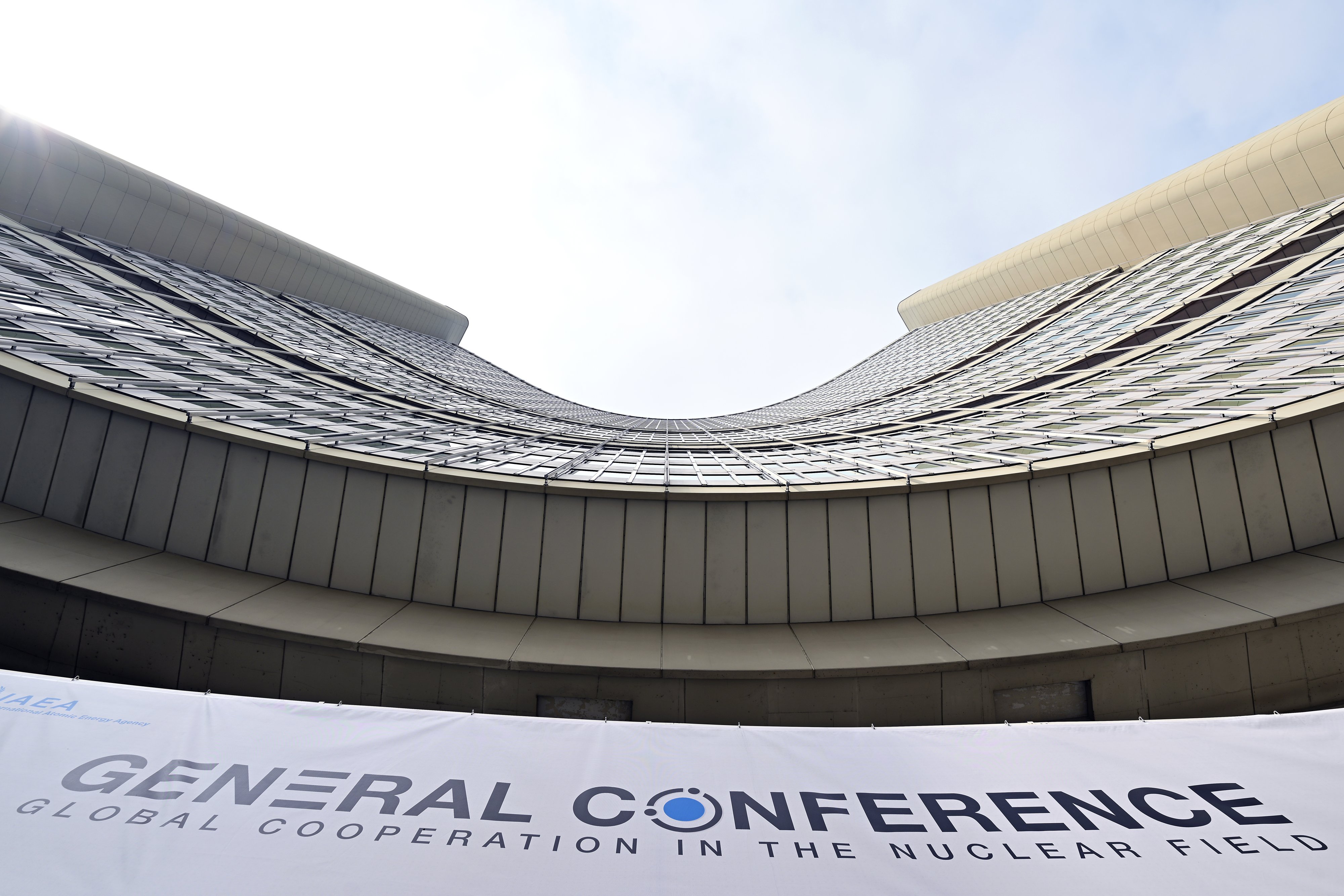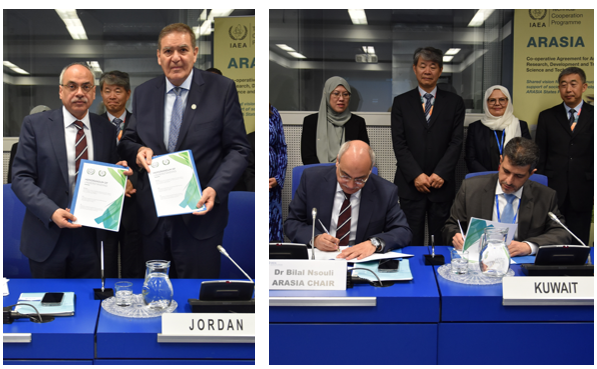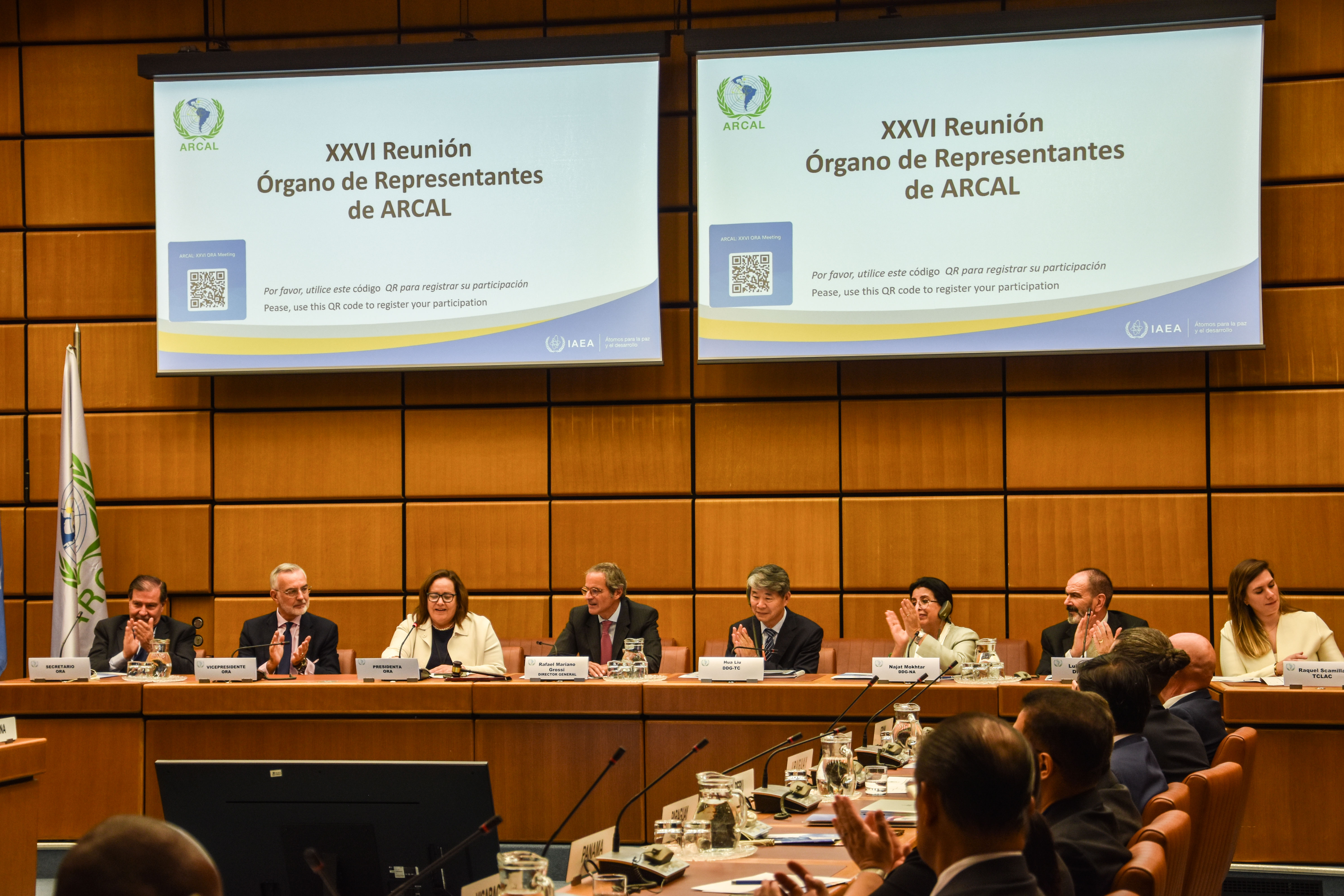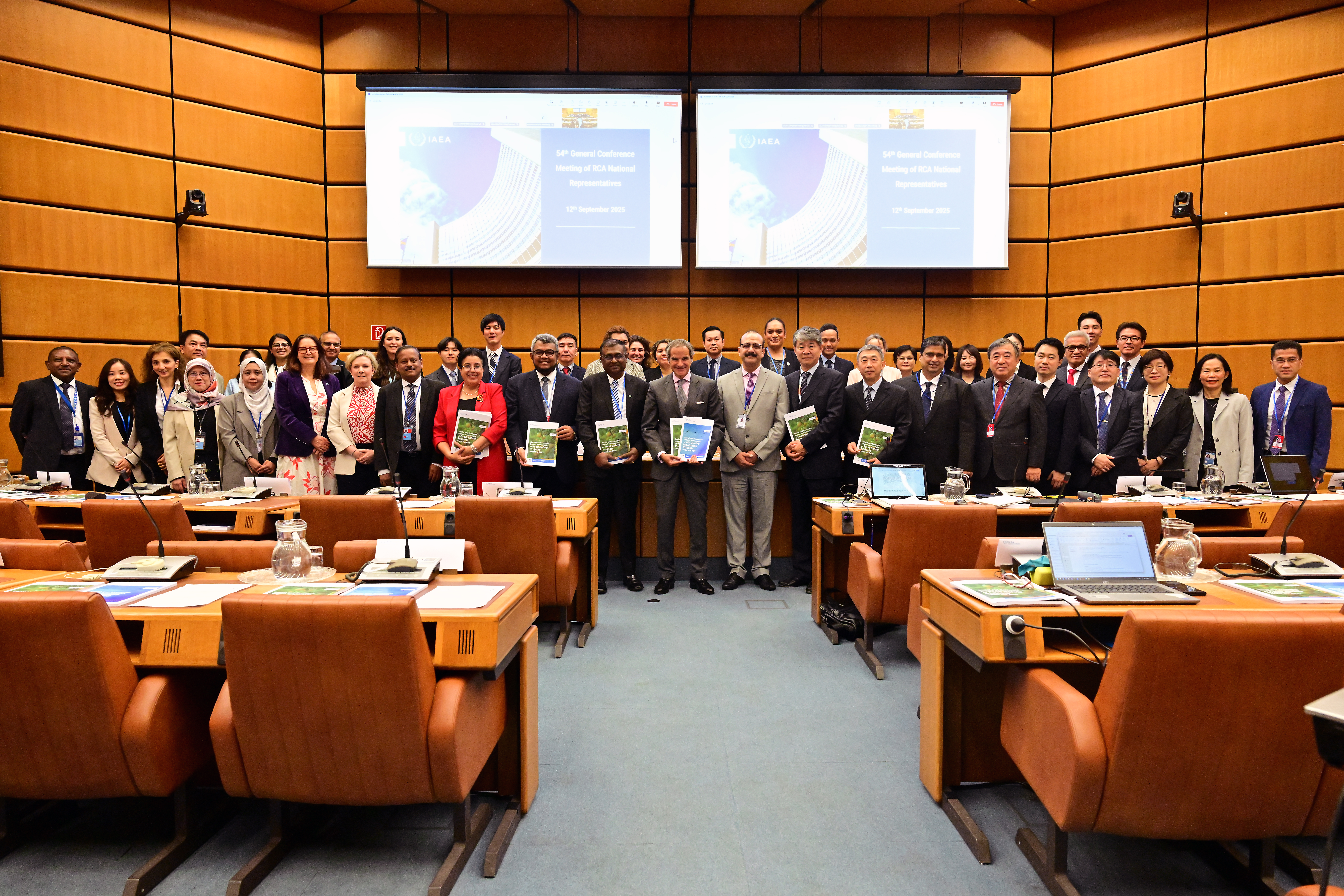Over 200 delegates attended four annual regional meetings on the margins of the IAEA’s 69th General Conference to coordinate the activities of the AFRA, ARASIA, ARCAL and RCA regional cooperative agreements. The conclusions emerging from these meetings will inform the design of new projects, the development of new initiatives and the identification of regional priorities for the next year.
Regional and South-South cooperation are key pillars of the IAEA’s technical cooperation (TC) programme. The TC programme helps countries sustainably address their most urgent priorities, such as strengthening healthcare or energy security, through the application of nuclear science and technology. One element of this support is through South-South Cooperation at a regional level, such as sharing resources, transferring knowledge and participating in training. These activities are coordinated by the four regional cooperative agreements: AFRA for IAEA Member States in Africa, ARASIA for Arab States in Asia, ARCAL for Latin America and the Caribbean, and RCA for countries in Asia and the Pacific.
Each year during the IAEA’s General Conference, parties to all four Regional Cooperative Agreements hold their annual meeting to advance shared regional priorities and exchange knowledge and best practices. Europe and Central Asia’s National Liaison Officers and Assistants also meet in during the General Conference to review the implementation of TC projects, share best practices and challenges, and discuss ways to improve project design and monitoring.
What are Regional Cooperative Agreements?
Regional Cooperative Agreements are formal inter-governmental agreements that serve as a framework for IAEA Member States to intensify their collaboration through programmes and projects focused on the shared needs of specific regions, and to promote the application of nuclear science and technology at the regional level. The TC Division for Europe also has a regional strategy and profile in place to promote collaboration and knowledge exchange in Europe and Central Asia.
What are NLOs and NLAs?
Designated by the relevant government authority, National Liaison Officers (NLOs) and Assistants (NLAs) play an important role in the delivery of the IAEA’s technical cooperation programme: “As the IAEA does not have country teams on the ground, NLOs and NLAs play a crucial role representing their countries, conveying national priorities, and acting as the primary channel of communication between the IAEA and Member States,” said Hua Liu, Deputy Director General and Head of the IAEA’s Technical Cooperation Department, during this year’s meeting of NLOs and NLAs from Europe and Central Asia.



